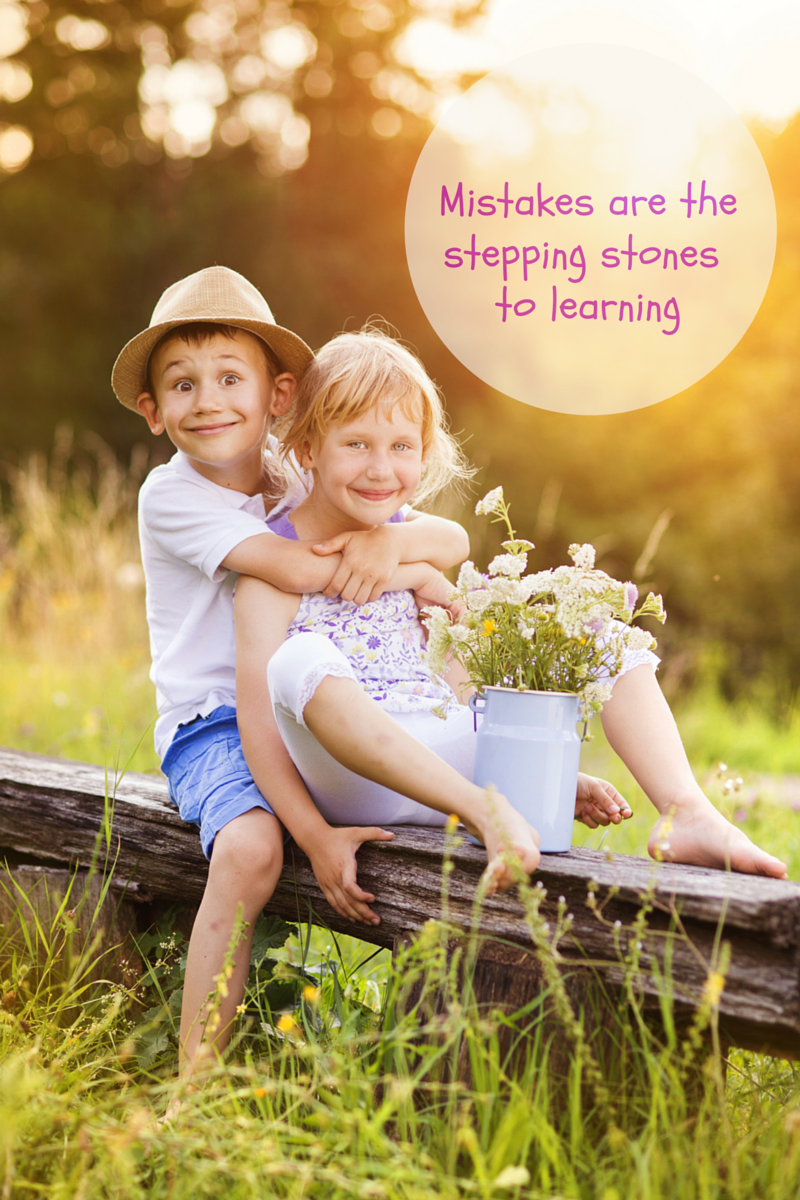I remember when my son first stared rowing a few years ago. He was excited and before he even got in the boat he was convinced he was going to win medals! During his first on-water session he seemed to be doing well when I noticed him starting to struggle. As I watched him I could see his smile fade replaced by a frown as he struggled to maintain balance and falls into the water. I sense his growing discouragement and frustration as he struggles to get back in the boat feeling more than a little disappointed.
From my perspective as an ex rower, once you get your balance, posture and flow of you upper and lower body it’s quite easy and I found myself almost about to say this to him as he walked up to me frustrated and upset “Come on it’s easy, you can do this” but I stopped myself and considered, if I said this would it discourage and lower his self-esteem or would it encourage and build his self-esteem. In that moment I knew the right answer.
As a parent all I wanted was for my sons to grow up feeling good about themselves, will healthy levels of self-esteem, feeling they were capable of dealing with whatever hand life dealt them. But when I think back I wonder how many times my responses were promoting the exact opposite.
THE Oxford Dictionary defines self-esteem as “an opinion of one’s own character”.
When you have high self-esteem, it means you know you are a worthwhile person, someone worthy of love. You respect yourself and who you are.
So here are 3 easy and foolproof ways that can destroy your child’s self-esteem and then how to turn it around.
Using the words “It’s easy”
Remember you are the adult and things which may seems easy to you are not necessarily going to be easy for your child particularly when they are struggling with a task. When we say words like “That’s easy, you can do it.” we are trying to motivate and encourage them, yet more than often it causes our kids to think, “Something must be wrong with me because it’s not easy to me, therefore, I must be stupid, slow, incapable etc.” This causes the kid to feel discouraged, anxious and often embarrassed and the result is that they want to give up. It very quickly decreases and lowers their self-esteem.
What to do instead. Instead tell them, “This is not easy, this is hard, well done for having a go” Then if the child completes the task, that little voice in their head says, “I did something hard, I did it.” If they cannot figure it out, at least they know it was tough to begin with. This approach helps children stay encouraged and increases their feelings of self-worth.
Doing too much for them
From an early age most kids actually want to do tasks on their own. This gives them a great sense of accomplishment and helps them feel good about themselves. As parents we can be over protective with our kids and often we believe that the more we do for our kids the more we show we love them. However, the downside of this is that it robs them of the opportunity to learn life skills and the satisfaction of feeling independent and trusted. Doing too much for them sends your child a hidden message that “You are not capable.”
What to do instead. The challenge for many parents is how to start letting go and the best way is to start with bite size chunks, little kid friendly tasks that you know they can do. And then through coaching and encouragement you can progress to other more challenging tasks
Your child will start to feel a sense of personal satisfaction and pride because they have completed the task on their own and then watch the difference it makes to their self-esteem and feelings of self-worth.
Reacting in a negative way when they make mistakes
We are human, therefore we all make mistakes. Without making mistakes we would never learn. Many parents act as the “rescuer” wrapping their kids up in cotton wool, feeling that they are protecting them or respond with anger and disappointment because the child stuffed up. The downside is that this can cause the child to stop trying new things because they might make a mistake, fail or get scolded. Inadvertently you have set up an environment where mistakes are not seen as part of a normal learning process and this can cause the child to become anxious and stressed when faced with anything new. These kids then grow into adults with the same pattern of behaviour.
What to do instead. Your children will make mistakes and the way you respond either helps your children learn and grow from the mistake or teaches them mistakes are bad. Realistically mistakes are painful for us all, but it’s learning from mistakes that helps us grow, if handled in a healthy way. Don’t rob your children of the opportunity to rise to the occasion, admit they are wrong, fix the problem, and feel good about themselves.
Instead of responding negatively when your children make a mistake, teach them how to make amends and be accountable for their actions. This promotes a healthy view of mistakes and allows your children to feel good about who they are.
Low self-esteem and lack of confidence in children are the two areas that I deal with over and over. I can certainly help by teaching kids some tools, techniques and strategies to feel better about themselves and increase their confidence. A little quote to leave you on “The way we talk to our children becomes their inner voice” Peggy O’Mara

